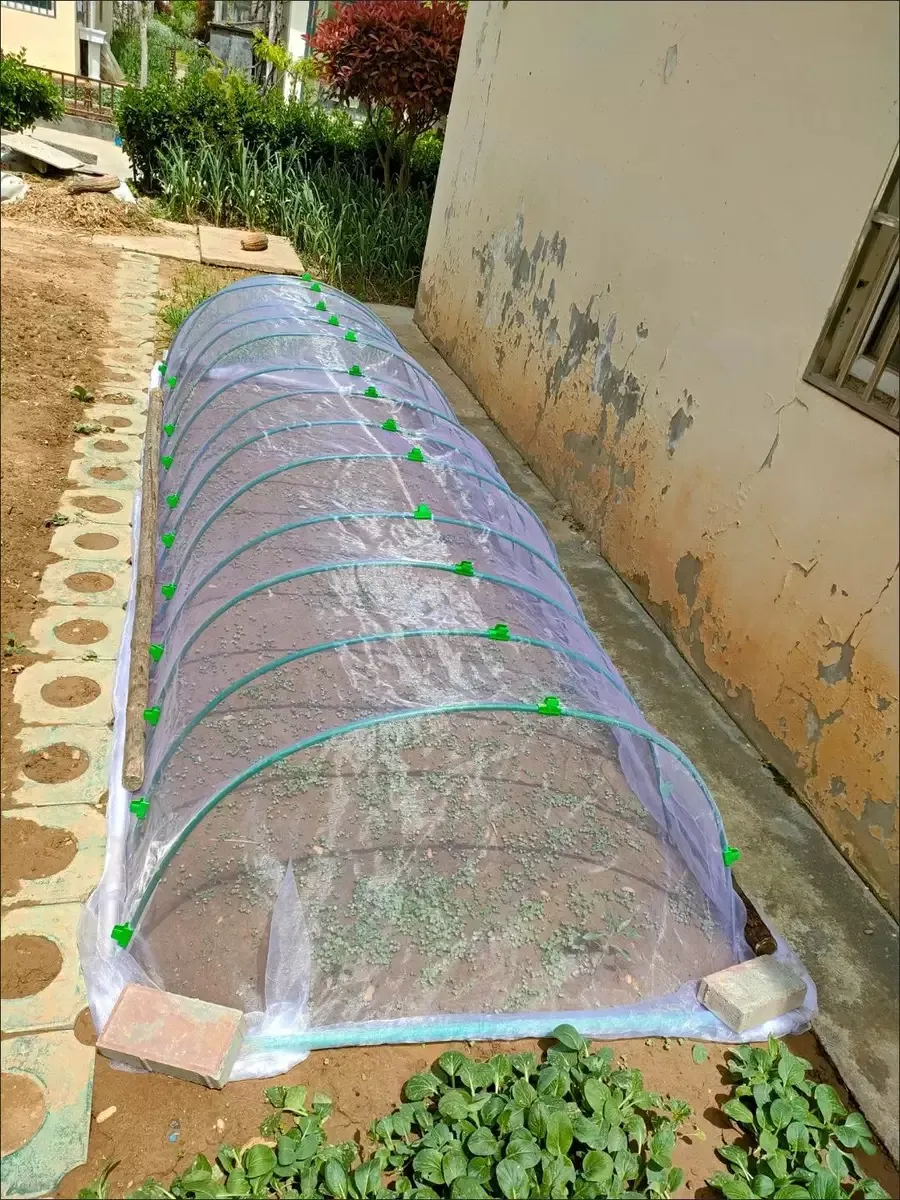-
 Afrikaans
Afrikaans -
 Albanian
Albanian -
 Amharic
Amharic -
 Arabic
Arabic -
 Armenian
Armenian -
 Azerbaijani
Azerbaijani -
 Basque
Basque -
 Belarusian
Belarusian -
 Bengali
Bengali -
 Bosnian
Bosnian -
 Bulgarian
Bulgarian -
 Catalan
Catalan -
 Cebuano
Cebuano -
 China
China -
 Corsican
Corsican -
 Croatian
Croatian -
 Czech
Czech -
 Danish
Danish -
 Dutch
Dutch -
 English
English -
 Esperanto
Esperanto -
 Estonian
Estonian -
 Finnish
Finnish -
 French
French -
 Frisian
Frisian -
 Galician
Galician -
 Georgian
Georgian -
 German
German -
 Greek
Greek -
 Gujarati
Gujarati -
 Haitian Creole
Haitian Creole -
 hausa
hausa -
 hawaiian
hawaiian -
 Hebrew
Hebrew -
 Hindi
Hindi -
 Miao
Miao -
 Hungarian
Hungarian -
 Icelandic
Icelandic -
 igbo
igbo -
 Indonesian
Indonesian -
 irish
irish -
 Italian
Italian -
 Japanese
Japanese -
 Javanese
Javanese -
 Kannada
Kannada -
 kazakh
kazakh -
 Khmer
Khmer -
 Rwandese
Rwandese -
 Korean
Korean -
 Kurdish
Kurdish -
 Kyrgyz
Kyrgyz -
 Lao
Lao -
 Latin
Latin -
 Latvian
Latvian -
 Lithuanian
Lithuanian -
 Luxembourgish
Luxembourgish -
 Macedonian
Macedonian -
 Malgashi
Malgashi -
 Malay
Malay -
 Malayalam
Malayalam -
 Maltese
Maltese -
 Maori
Maori -
 Marathi
Marathi -
 Mongolian
Mongolian -
 Myanmar
Myanmar -
 Nepali
Nepali -
 Norwegian
Norwegian -
 Norwegian
Norwegian -
 Occitan
Occitan -
 Pashto
Pashto -
 Persian
Persian -
 Polish
Polish -
 Portuguese
Portuguese -
 Punjabi
Punjabi -
 Romanian
Romanian -
 Russian
Russian -
 Samoan
Samoan -
 Scottish Gaelic
Scottish Gaelic -
 Serbian
Serbian -
 Sesotho
Sesotho -
 Shona
Shona -
 Sindhi
Sindhi -
 Sinhala
Sinhala -
 Slovak
Slovak -
 Slovenian
Slovenian -
 Somali
Somali -
 Spanish
Spanish -
 Sundanese
Sundanese -
 Swahili
Swahili -
 Swedish
Swedish -
 Tagalog
Tagalog -
 Tajik
Tajik -
 Tamil
Tamil -
 Tatar
Tatar -
 Telugu
Telugu -
 Thai
Thai -
 Turkish
Turkish -
 Turkmen
Turkmen -
 Ukrainian
Ukrainian -
 Urdu
Urdu -
 Uighur
Uighur -
 Uzbek
Uzbek -
 Vietnamese
Vietnamese -
 Welsh
Welsh -
 Bantu
Bantu -
 Yiddish
Yiddish -
 Yoruba
Yoruba -
 Zulu
Zulu
agricultural mesh
The Role of Agricultural Mesh in Modern Farming
In contemporary agriculture, the quest for efficiency and sustainability has led to the exploration of various innovative tools and technologies. One such invaluable tool that has gained traction in recent years is agricultural mesh. Agricultural mesh refers to a variety of netting products designed for use in farming and gardening. These meshes serve multiple purposes, often tailored to specific needs, and have become integral in optimizing crop production and enhancing environmental sustainability.
One of the most significant advantages of agricultural mesh is its role in protecting crops from pests and adverse weather conditions. For instance, insect mesh is a fine netting that prevents insects like aphids and whiteflies from reaching plants while allowing sunlight and moisture to enter. This barrier system significantly reduces the need for chemical pesticides, thereby promoting organic farming practices. Moreover, agricultural mesh can also shield crops from harsh weather elements such as hail, heavy rains, and excessive sunlight, which can cause physical damage and stress to plants.
Additionally, agricultural mesh plays a pivotal role in crop cultivation techniques, such as trellising and vertical farming
. Trellising involves using mesh structures to support climbing plants like tomatoes and cucumbers, enabling better air circulation and sunlight exposure, which are crucial for healthy growth. Vertical farming, a method that maximizes space and resource use, often employs mesh systems that can hold growing plants in stacked layers, making urban agriculture feasible in limited spaces.agricultural mesh

The versatility of agricultural mesh extends beyond crop protection and cultivation. It also has significant implications for soil health and water conservation. Mesh can be employed in ground cover applications, preventing soil erosion and the loss of nutrients. Some farmers use mesh to create protective barriers that maintain moisture levels in the soil by reducing evaporation rates. This practice not only conserves water but also enhances the overall efficiency of irrigation systems.
Furthermore, the adoption of agricultural mesh can contribute significantly to the overall sustainable farming practices by reducing reliance on chemical inputs and enhancing biodiversity. By preventing pest infestations naturally, farmers can create a more balanced ecosystem on their farms. This creates a healthier environment for beneficial insects, birds, and other wildlife, further promoting ecological stability.
As the world grapples with the challenges of climate change and food security, agricultural mesh presents a promising solution for modern farming needs. Its capacity to provide protection, support, and conservation underscores its importance in sustainable agriculture. Farmers are increasingly recognizing the benefits of this technology, leading to a rise in its use across various agricultural sectors.
In conclusion, agricultural mesh is more than just a protective barrier; it embodies a holistic approach to farming that prioritizes sustainability and efficiency. Its diverse applications in crop protection, soil health, and water conservation demonstrate its critical role in modern agriculture. As the agricultural sector continues to evolve, the integration of innovative tools like agricultural mesh will undoubtedly play a crucial part in shaping the future of food production. By embracing such technologies, farmers can enhance their productivity while fostering a more sustainable and resilient agricultural system.
-
Why Nylon Mesh Netting is Revolutionizing Industrial and Commercial ApplicationsNewsJun.13,2025
-
Reinventing Reliability with Construction Wire MeshNewsJun.13,2025
-
Protect Your Crops with High-Performance Agricultural Netting SolutionsNewsJun.13,2025
-
Premium Breeding Net Solutions for Modern AquariumsNewsJun.13,2025
-
Precision Filtration Solutions for Industrial and Commercial NeedsNewsJun.13,2025
-
Advanced Industrial Mesh Solutions for Every ApplicationNewsJun.13,2025











